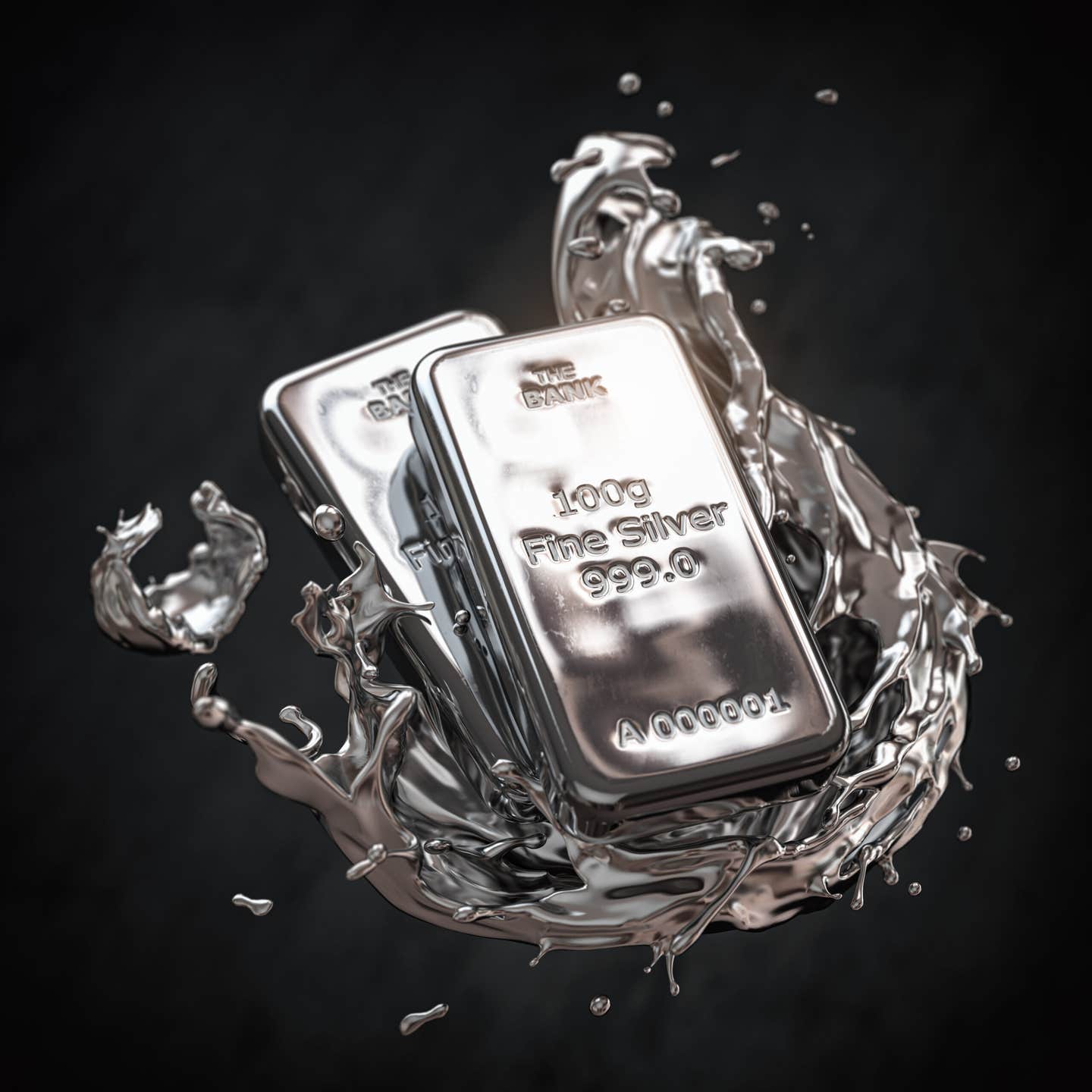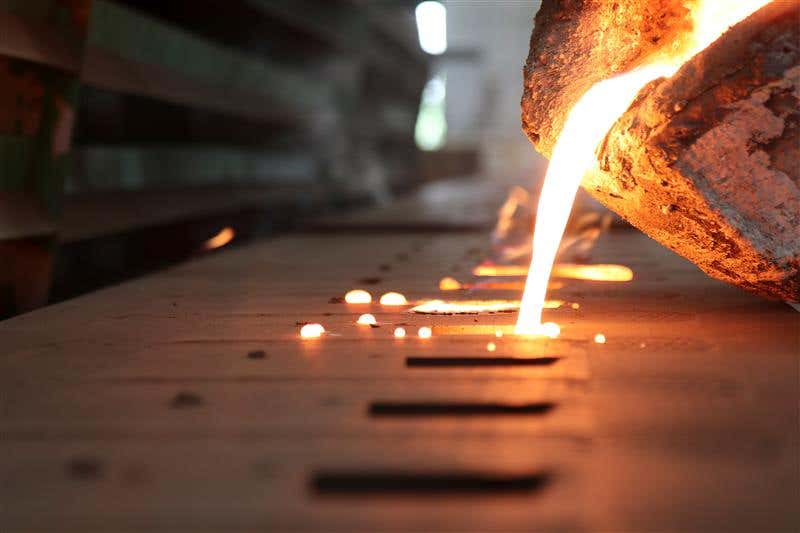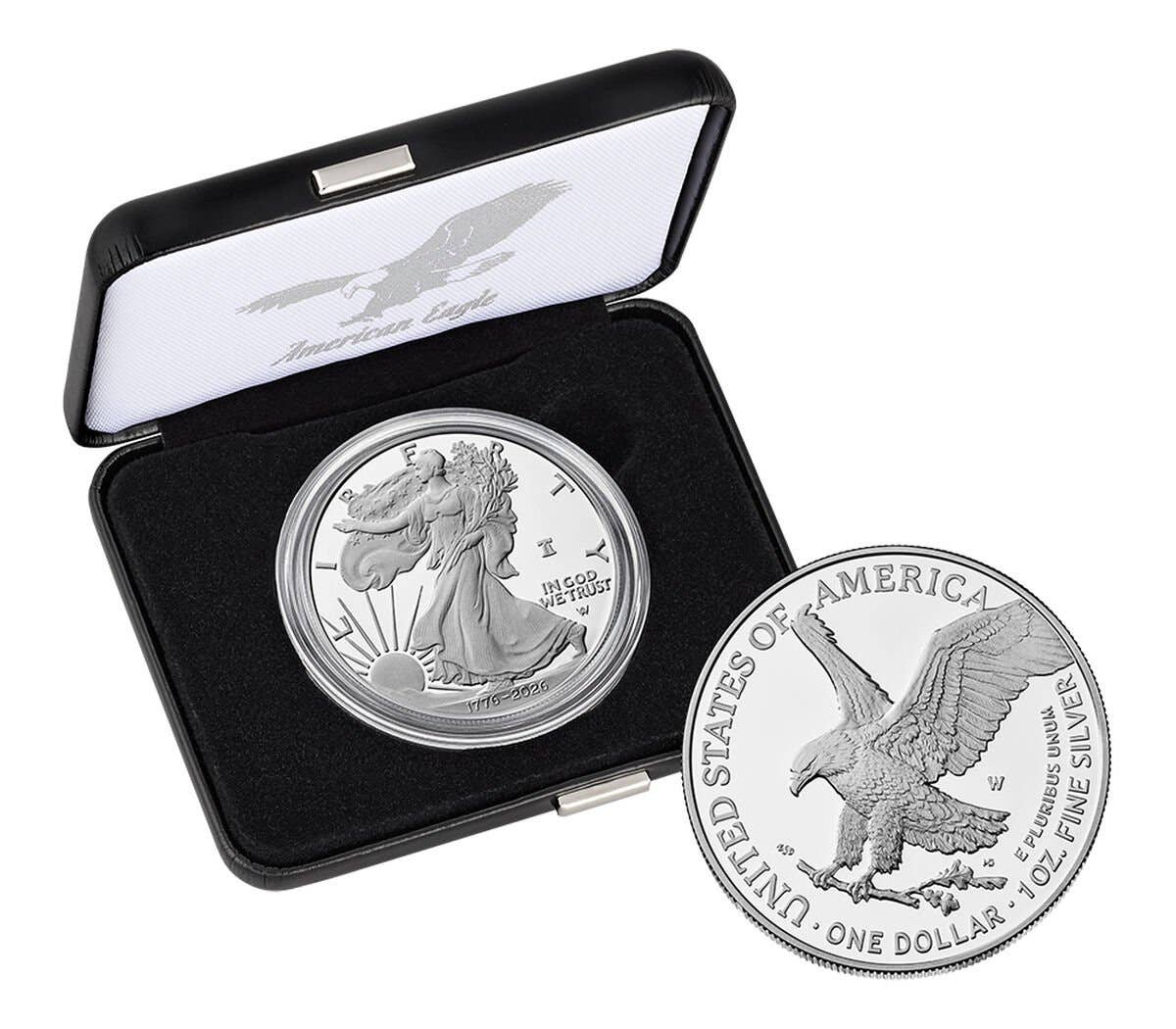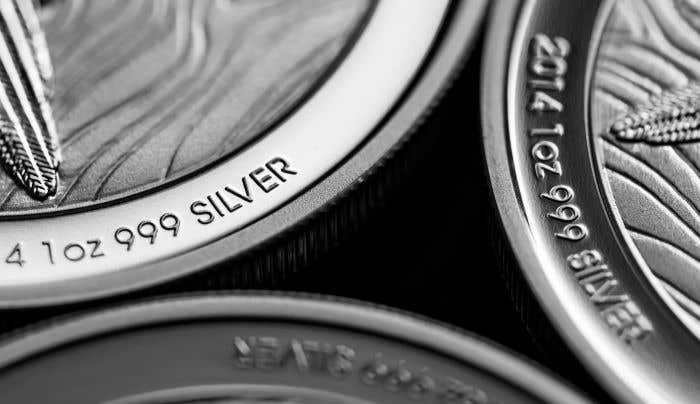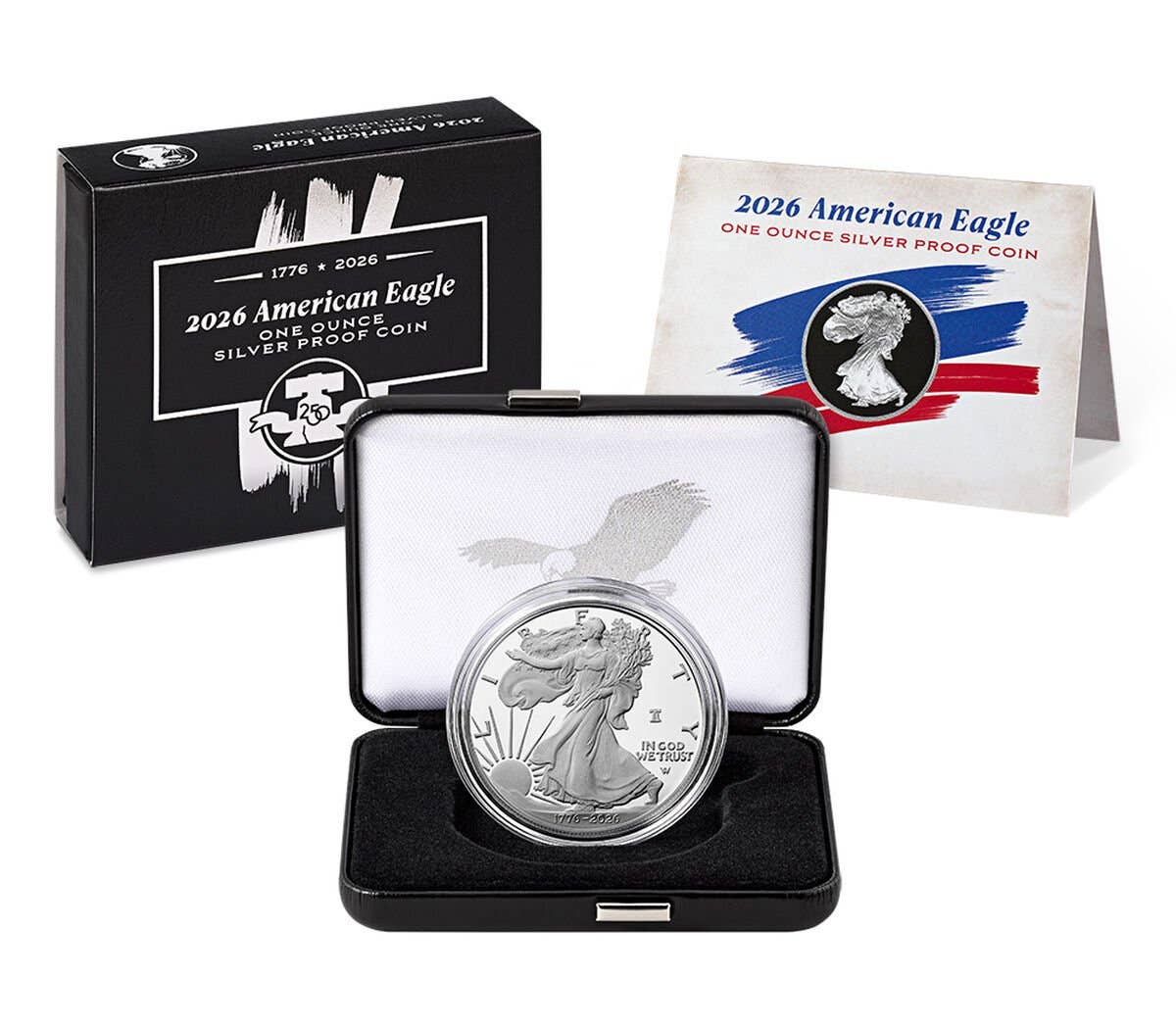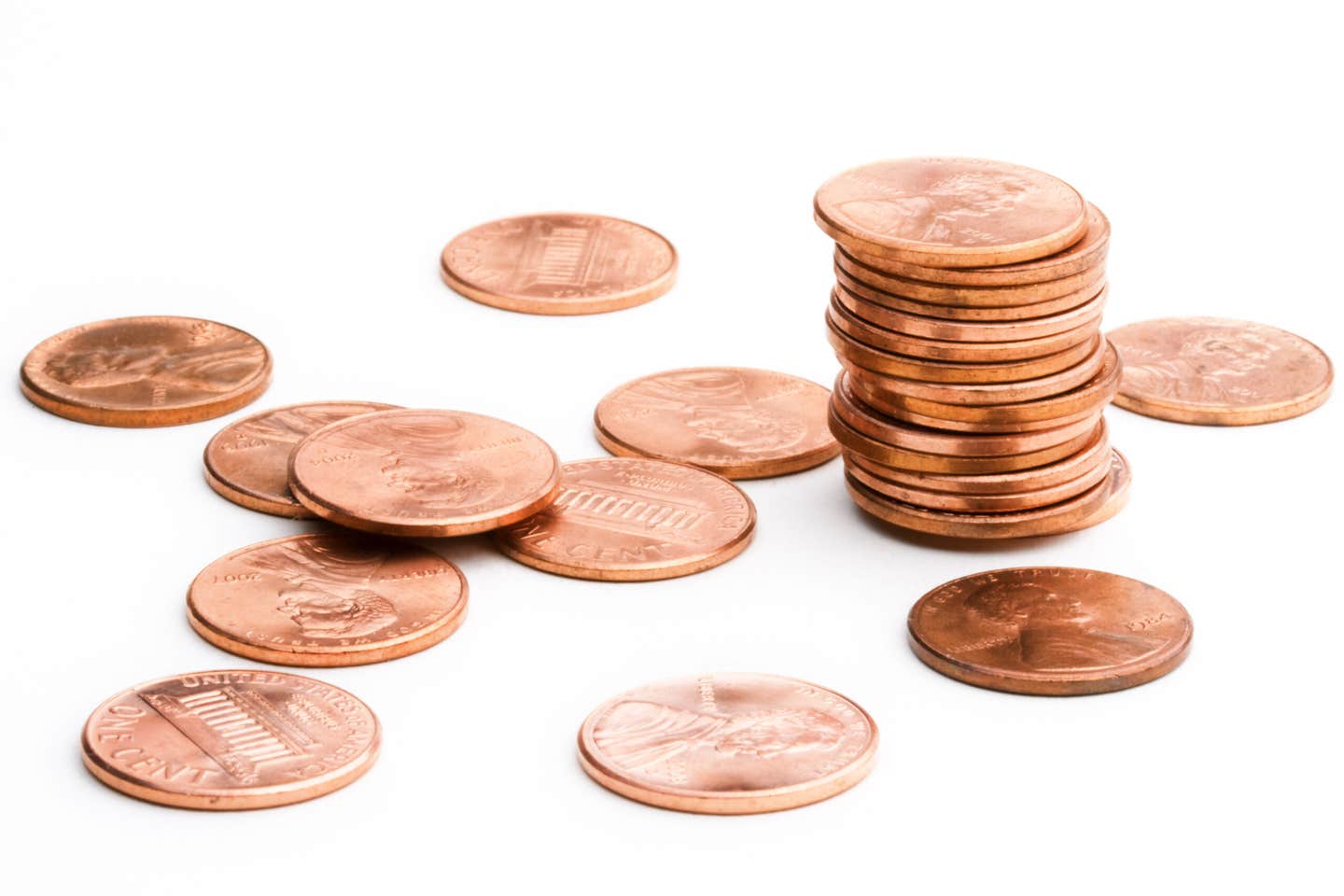What’s New in NumisMaster: August 2025
This month, we focused on adding coins to countries that may not be high on collectors’ lists but are important, nonetheless.
Things at NumisMaster are still going full steam ahead as we inch closer to the end of summer. I can’t believe how fast 2025 has gone! The ever-changing prices of metals have kept us on our toes, with seemingly constant updates to our melt values and bullion prices. This month, we focused on adding coins to countries that may not be high on collectors’ lists but are important, nonetheless. These countries include Grenada, the Ivory Coast, and Moldova, to name a few.
This Month’s Frequently Asked Question:
We received a request from a member to explain how we select a KM number for a coin, especially those with a “.1” or an “a” after the selected number. This was a great suggestion, and I agree with the member that some in our community may not be aware of the reason. To give a better understanding, I have selected Australia’s 2025 “Year of the Snake” coins, minted by the Perth Mint.
In some cases, as with the Perth Mint’s 2024 “Year of the Dragon” $1 coins, when multiple colors are released, each color has a different point number after (.1, .2, .3, etc).
If the coin features the same design but is made of a different metal, as seen with the platinum “Year of the Snake” coin, this causes it to have the “a” after the KM number. This rule only applies if the coin is an exact match in design and diameter.
I hope that helps anyone who was wondering. If you have a question or a topic you would like to see mentioned, please reach out to n@aimmedia.com, and we will happily answer it
You may also like:




